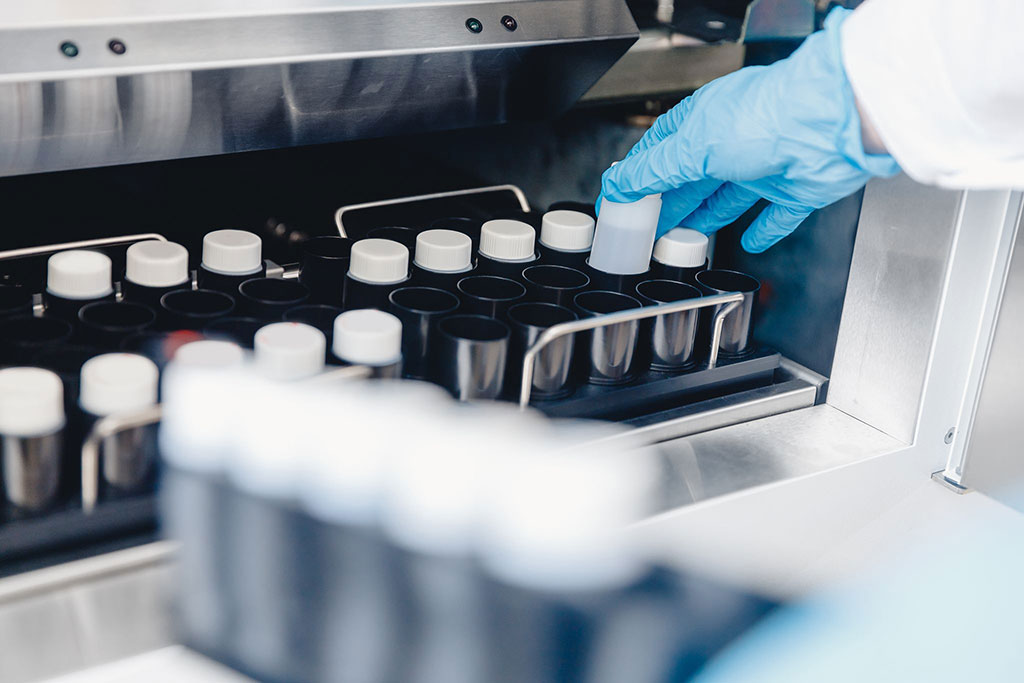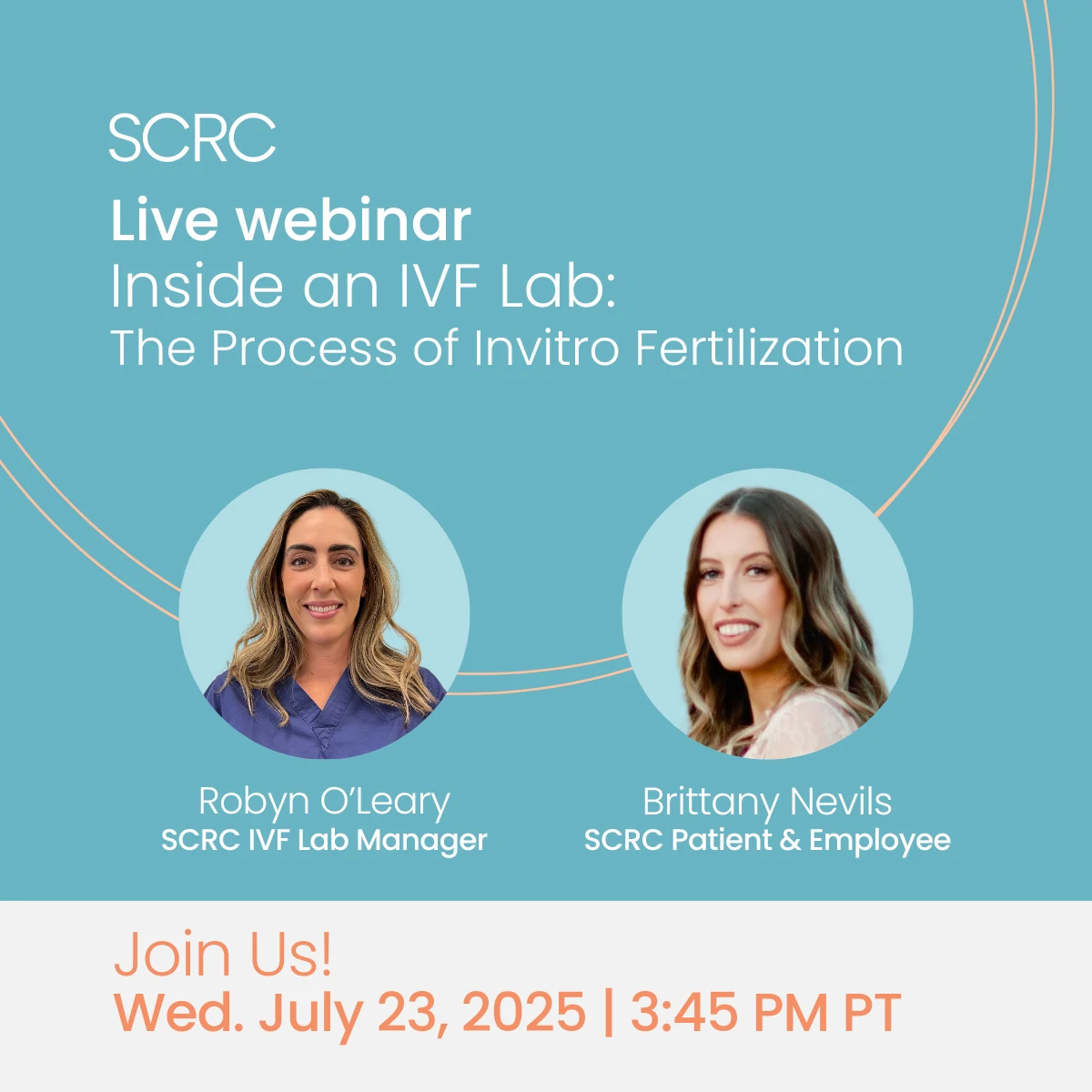كيف يتم إجراء تصوير الرحم الموضعي الموضعي؟
يُعد تصوير المبيض الموضعي الموضعي الموضعي (HSG) إجراءً يتم إجراؤه في العيادات الخارجية ويمكن إتمامه في أقل من نصف ساعة. يتم إجراء تصوير الرحم الموضعي الموضعي الموضعي في المرحلة الجرابية من الدورة الشهرية (قبل الإباضة)، بعد توقف الحيض. يتم إدخال قسطرة رفيعة في عنق الرحم والرحم للسماح بحقن وسائط تباين غير شفافة إشعاعية (صبغة تساعد على إظهار مخطط قناة فالوب تحت الأشعة السينية). وبينما تتحرك الصبغة عبر تجويف الرحم، يوفر التصوير الموضعي للرحم سلسلة من الصور التنظيرية الفلورية لإظهار امتلاء تجويف الرحم وقناتي فالوب.


ما الفرق بين تخطيط الرحم والبوق (HSG) وتنظير الرحم ومخطط الرحم بالموجات فوق الصوتية؟
تبدو المصطلحات الثلاثة متشابهة، لذا قد يكون الأمر مربكاً. يفحص تنظير الرحم تجويف الرحم باستخدام منظار داخلي. غالباً ما يستخدم هذا الإجراء تخديراً عاماً، ويمكن أن يكون أكثر صعوبة على المريضة من تصوير الرحم بالمنظار. تم استبدال تنظير الرحم إلى حد كبير بالموجات فوق الصوتية بالموجات فوق الصوتية التي تسمى أيضاً مخطط الرحم الرحم (HSN) أو الموجات فوق الصوتية الملحية. يسمح لنا تصوير الرحم بالموجات فوق الصوتية برؤية تشوهات الرحم باستخدام الموجات الصوتية لتكوين صورة بدلاً من الأشعة السينية، كما هو الحال في تصوير الرحم الموضعي.
ما هي فوائد تخطيط الغدد الصماء الموضعي؟
يمكن أن يكشف تصوير الرحم الموضعي للرحم وقناة فالوب عن تشوهات الرحم أو قناة فالوب التي تضعف الخصوبة. نظرًا لأن أمراض البوق، مثل الالتصاقات أو النسيج الندبي، مسؤولة عن حوالي 20% من حالات العقم، يجب إجراء تصوير الرحم الموضعي للرحم وقناة فالوب في وقت مبكر من عملية فحص العقم. بالإضافة إلى ذلك، أظهرت بعض الدراسات زيادة مُعدّلات الحمل لدى المرضى الذين خضعوا لتصوير مجرى البوق الموضعي الموضعي للرحم بشكل طبيعي. قد يكون هذا ببساطة لأنّه عندما يتم حقن وسيط التباين في المنطقة عن طريق القسطرة، فإنّ تدفّق الصبغة يُزيح أحياناً كل ما يسد قناة فالوب مثل آفات بطانة الرحم الهاجرة.
غالبًا ما ننصح المريضة التي توشك على بدء علاج الخصوبة باستخدام كلوميد أو موجهة الغدد التناسلية المشيمائية (موجهة الغدد التناسلية) بإجراء تصوير المبيض الموضعي الموضعي أولاً، خاصةً إذا كان لديها تاريخ من الانتباذ البطاني الرحمي أو مشاكل أخرى في البوق. نحن نريد أن نرى تدفقاً جيداً وديناميكياً ومفتوحاً، والذي يُشار إليه أيضاً باسم سريان البوق، قبل أن نحث على الإباضة. فأنتِ لا تريدين بدء دورة التلقيح الاصطناعي ثم تواجهين مشكلة غير متوقعة في وقت لاحق كان من الممكن اكتشافها بواسطة مخطط مجرى البوق الموضعي الموضعي.

هل سأشعر بألم أو آثار جانبية أخرى من اختبار تصوير الرحم الموضعي الموضعي (HSG)؟
قد تعاني النساء من تقلصات خفيفة إلى معتدلة أثناء إجراء تصوير المبيض الموضعي للرحم الموضعي (HSG)؛ ولكن من النادر أن تعاني المرأة من ألم شديد من تصوير المبيض الموضعي للرحم الموضعي (HSG). أحد الآثار الجانبية المحتملة هو الحساسية من الصبغة التي تحتوي على اليود، لذلك إذا كنتِ تعرفين أن لديكِ حساسية من اليود، تأكدي من إخبار طبيب الخصوبة قبل إجراء تصوير مجرى تصوير الرحم الموضعي للرحم. تُعد العدوى من الآثار الجانبية النادرة جداً؛ أخبري طبيبك إذا شعرتِ بألم بعد عدة أيام من إجراء تصوير مجرى تصوير الرحم الموضعي الموضعي الموضعي (HSG)، فقد يكون ذلك علامة على الإصابة بالعدوى.
أرغب في معرفة ما إذا كان بإمكان HSG مساعدتي!
قد يكون التصوير المقطعي الموضعي للرحم مفيداً في عملية التشخيص، ولكن الخطوة الأولى نحو الحصول على تشخيص دقيق هي تحديد موعد لاستشارة أخصائي خصوبة متخصص في مركز أبحاث الخصوبة التابع للمركز. ولتحقيق ذلك، ما عليك سوى الاتصال بنا على الرقم (866) 312-0771 أو انقر هنا للاتصال بنا، وسيسعد أحد مستشاري الخصوبة الودودين لدينا بمساعدتك في تحديد الموعد أو الإجابة عن أي أسئلة قد تكون لديك.


